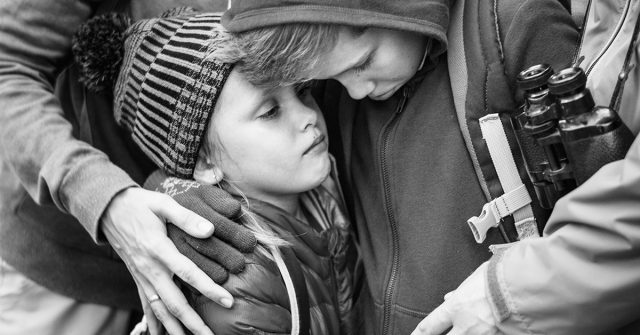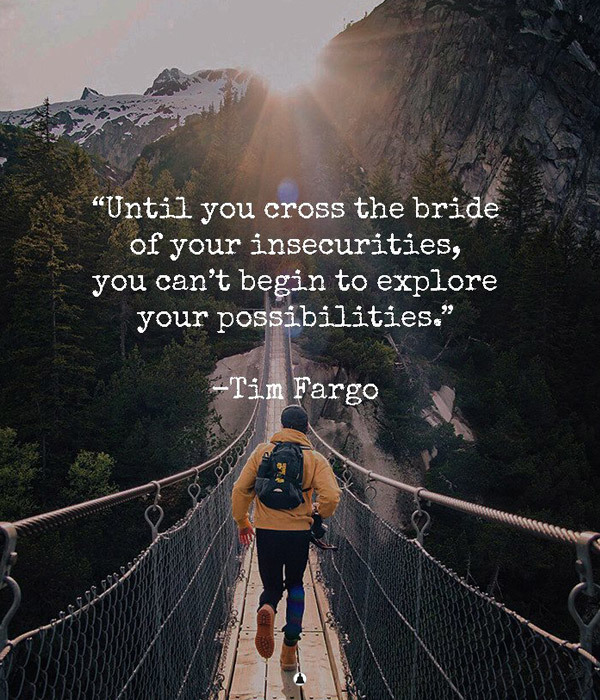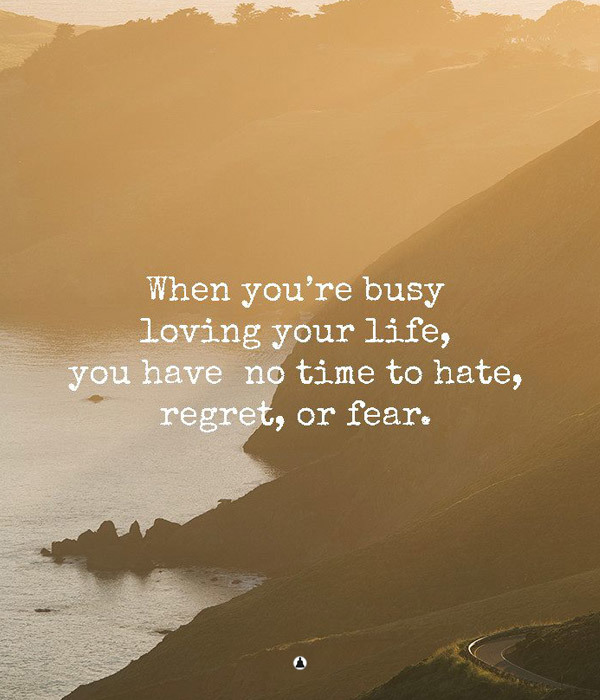Our childhood memories and experiences have a huge impact on who we become later in life. No matter how grown and mature we are, what we’ve experienced as children will always be there to haunt us. Especially if our childhood has been brutally taken from us by people who have emotionally abused us.
Emotional abuse leaves permanent scars on children by affecting their personality, destroying their self-esteem and burdening their hearts with heavy emotional baggage that they have to carry for the rest of their lives. This is because it usually comes from the people that we trust the most – our parents.
There is something different in people who have been through this pain in life. It is in the way they talk, the way they look and the way they love. But, while all of them face these painful emotions in their own special way, children who have been victims of emotional abuse usually share these 8 habits as adults:
1. LACK OF SELF-CONFIDENCE
The constant need for approval from other people is usually the first sign a person manifests if they’ve experienced emotional abuse as children.
If you feel as though you are not good enough for people and your insecurity is louder than your sense of self, it is obvious that you’ve been through some serious, traumatic experiences as a child that made you feel worthless.
2. REPRESSED ANGER
Getting angry without a reason, lashing out on people who haven’t done anything to you or simply failing to take control over your emotions, are all signs that you have a lot of baggage inside your heart that is probably a result of your repressed childhood traumas.
Bottling up anger is the worst thing that you can do. You may think that it is deeply buried inside of you, but the truth is, it can easily burst out of you when you least expect it.
3. CONSTANT APOLOGIES
If you’ve experienced emotional abuse as a child, you may find yourself taking the blame for things that you didn’t even do. What’s worse, you may even catch yourself saying sorry for things that you should not be sorry for.
This is the result of the victim mentality that was probably ingrained in your brain as a little child. The only thing that you are used to is self-criticism and guilt-trips.
4. SENSITIVITY TO LOUD AND CROWDED PLACES
If you’ve been raised by loud and toxic parents, you probably understand why some people tend to get easily overwhelmed when they are surrounded by loud and angry people.
You’ve already endured the same traumas in your home. You’ve been a victim of your parent’s constant shouting and screaming, so when someone raises their voice, you are immediately back to that cruel place, going through the same pain all over again.
5. HAVING A HARD TIME TO ACCEPT COMPLIMENTS
Growing up with emotionally abusive parents who constantly neglected you and criticized everything that you did is truly a life-changing experience. One of the consequences is growing up into a person who has a negative image of themselves and as a result, has a hard time accepting compliments from others.
6. INTROVERSION
Introversion is the most common trait of people who have been emotionally abused as children. It distances them from everyone and isolates them from the whole world. And suddenly, their own shelter becomes the safest place on earth.
Think about it. You’ve been hurt and betrayed by the people you loved the most. All of your hopes, dreams, and visions have been shattered at a very young age. How could you possibly find the strength to trust people once again and express your true emotions in front of them?
7. NOT BEING ABLE TO ESTABLISH EYE CONTACT
People who have been through this hell as children, often find it hard to look someone in their eyes while they are talking to them. What seems easy and effortless to us, it is a complete nightmare to them.
This is just another painful reminder of their abusive childhood that doesn’t let them move on with their lives and eventually find their happiness.
8. AVOIDING CONFLICT
As a victim of emotional abuse, you’ve spent your whole childhood walking on eggshells around your parents. As a result of getting used to their constant drama, you’ve grown into a person who avoids conflicts. Someone who is terrified of being confronted because that is exactly how the painful memories resurface and take total control.
It just seems easier to agree with everyone and avoid getting into fights instead of experiencing more emotional meltdowns. After such a painful and abusive childhood, mental peace is the only thing that can help you move on.




